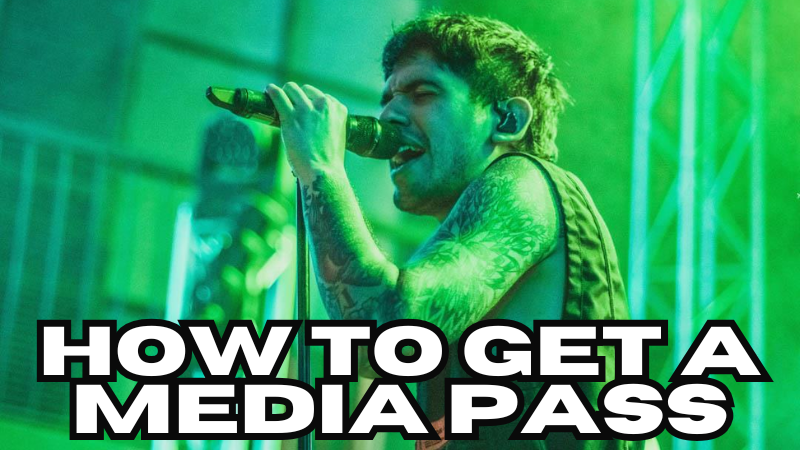
Getting access to photograph concerts—especially larger ones—requires more than just a great camera and a love for music.
One of the key steps is securing a media pass, and that often comes down to who you know and how you present yourself professionally.
Key Takeaways
- ★ Access is earned – not just about gear or talent.
- ★ Start local – small gigs build experience and trust.
- ★ Relationships matter – be respectful and reliable.
- ★ Press helps – media affiliation boosts your chances.
- ★ Act professionally – follow rules, deliver on time.
This guide is structured around the key questions every aspiring concert photographer should ask when trying to break into the scene.
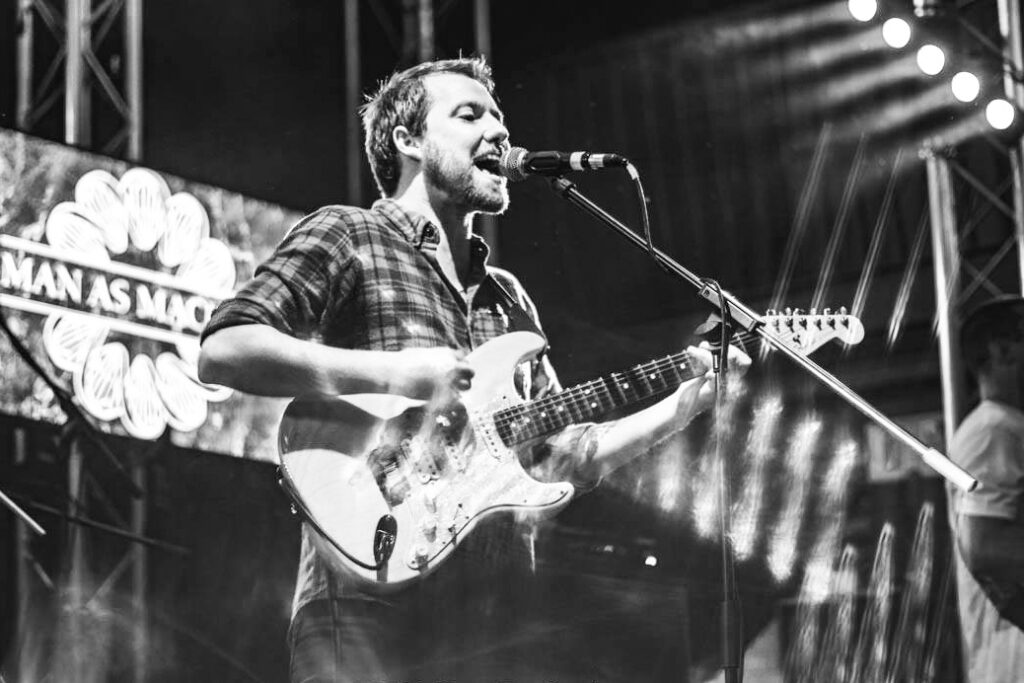
What Is a Media Pass?
A media pass is your official permission slip to bring professional camera equipment into a concert and shoot from specific areas—most often the photo pit in front of the stage. Without it, security will likely stop you at the entrance.
Media passes are typically issued by an artist’s PR team, a venue manager, or the event’s promoter.
They’re essential for any serious concert photographer aiming to capture high-quality images in a controlled, legitimate way.
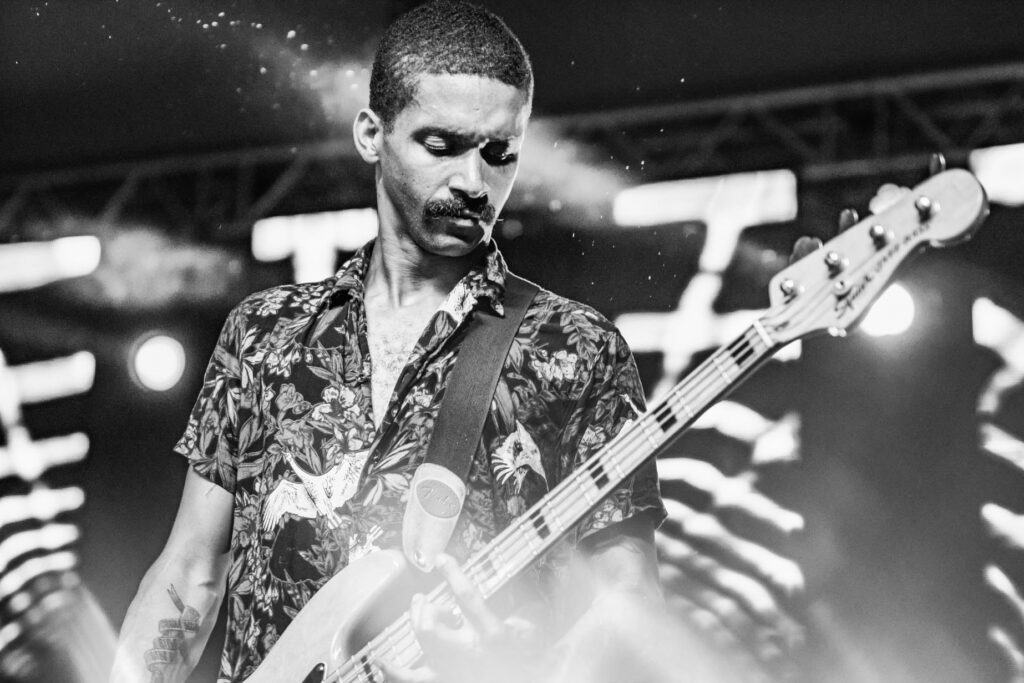
How Do You Build a Portfolio That Gets You Noticed?
Start by shooting local shows and underground artists. Offer to photograph for free or in exchange for a ticket. Focus on capturing the energy, emotion, and essence of live performance—even in low lighting conditions.
Include:
- ★ Wide shots showing the stage setup
- ★ Close-ups of emotional artist moments
- ★ Crowd reactions
A strong, diverse portfolio shows that you’re capable of handling various venues and genres—and helps PR reps or bands feel confident in giving you a pass.
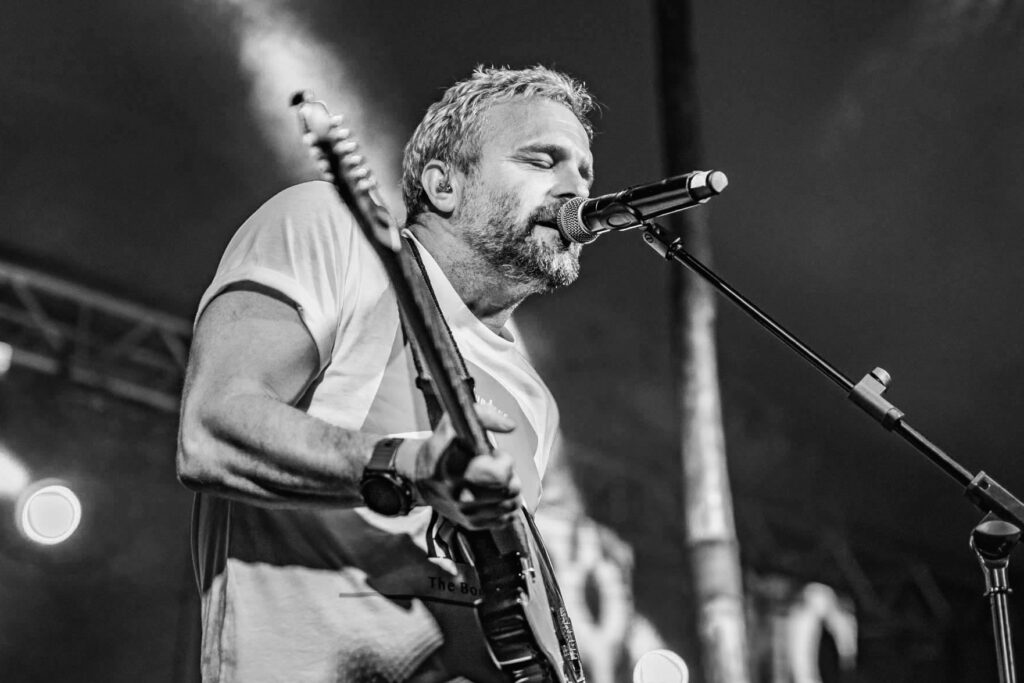
Who Should You Contact for a Media Pass?
- ★ Artists & Bands: For smaller acts, contact them directly via Instagram or email. Keep it short and professional.
- ★ PR/Publicists: Mid-to-large artists typically have a press contact listed on their website or EPK.
- ★ Venues/Promoters: If you’re shooting multiple shows at one venue, build a relationship with their media contact.
When reaching out, include:
- ★ A brief intro (name, who you’re shooting for)
- ★ A link to your portfolio
- ★ The publication you’re representing (if any)
- ★ Where the images will be published or used
Example Message: “Hi [Name], I’m [Your Name], a music photographer based in [City]. I’d love to request a media pass for [Artist]’s show on [Date] at [Venue] for [Media Outlet or personal project]. Here’s my portfolio: [link]. Please let me know if this would be possible. Thank you!”
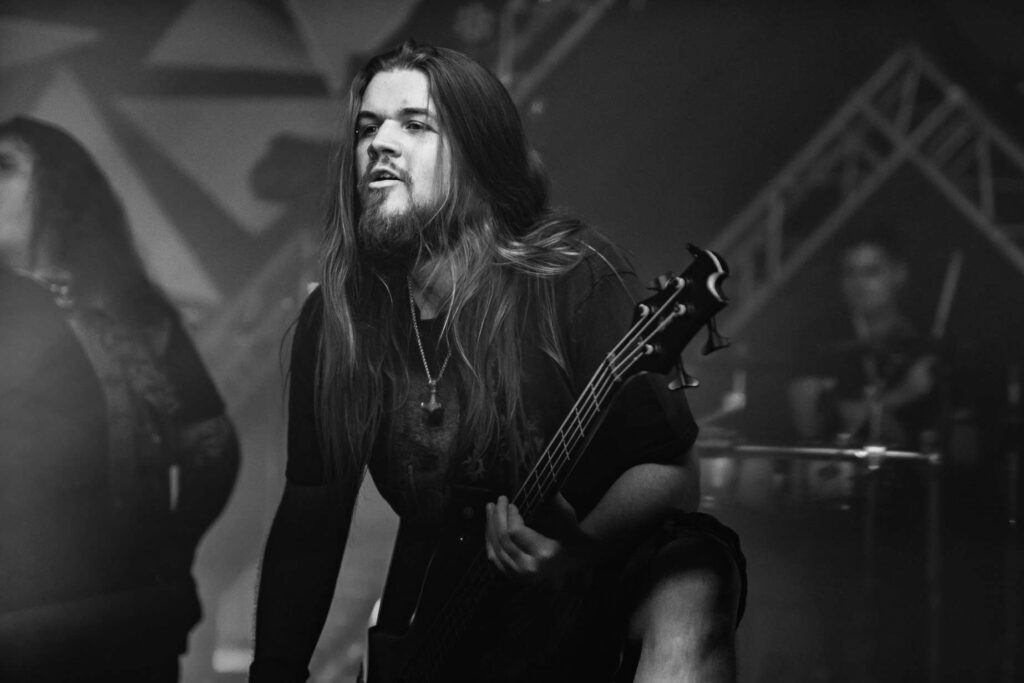
Why Isn’t Having Great Gear and Talent Enough?
Even if your portfolio is stunning and your camera setup is top-tier, access is everything.
Getting a media pass often depends on your connections, professionalism, and reputation.
Building genuine relationships within the music industry is just as important as knowing your way around a DSLR.
Talent opens the door, but relationships keep it open.
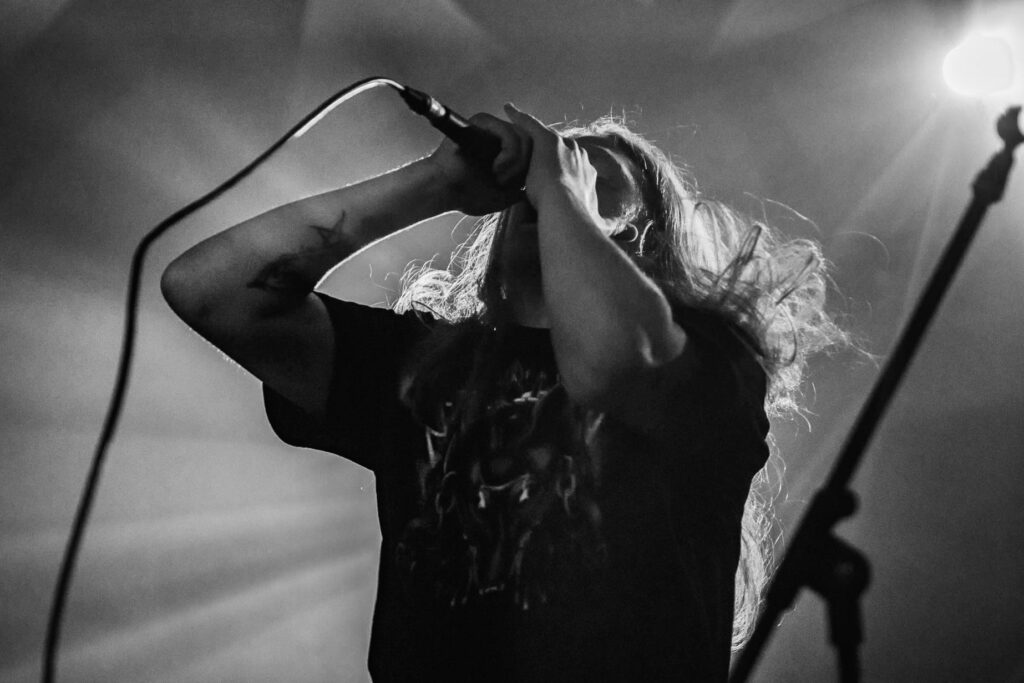
How Do Relationships Open Doors in Music Photography?
People in the music industry prefer working with photographers they trust.
When you’re professional, respectful, and deliver great work reliably, word spreads.
A publicist who trusts you will be more likely to recommend you again.
An artist who likes your work may request you for future shows.
The more people you know, the more doors open.
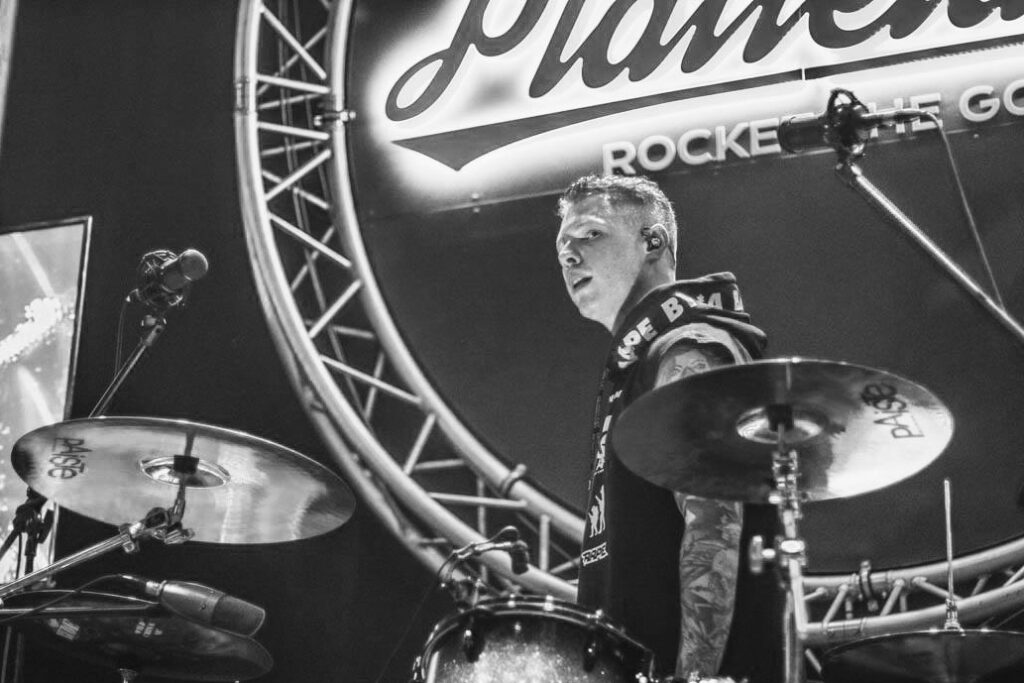
What Are the Rules (and Unwritten Etiquette) Once You’re In?
- ★ Respect the “first three songs” rule strictly.
- ★ Never use flash unless explicitly allowed.
- ★ Don’t block the audience’s view.
- ★ Be mindful of other photographers—no elbowing for position.
- ★ Be quick, efficient, and disappear after your time’s up.
You’re there as a guest. Professionalism ensures you’re invited back.
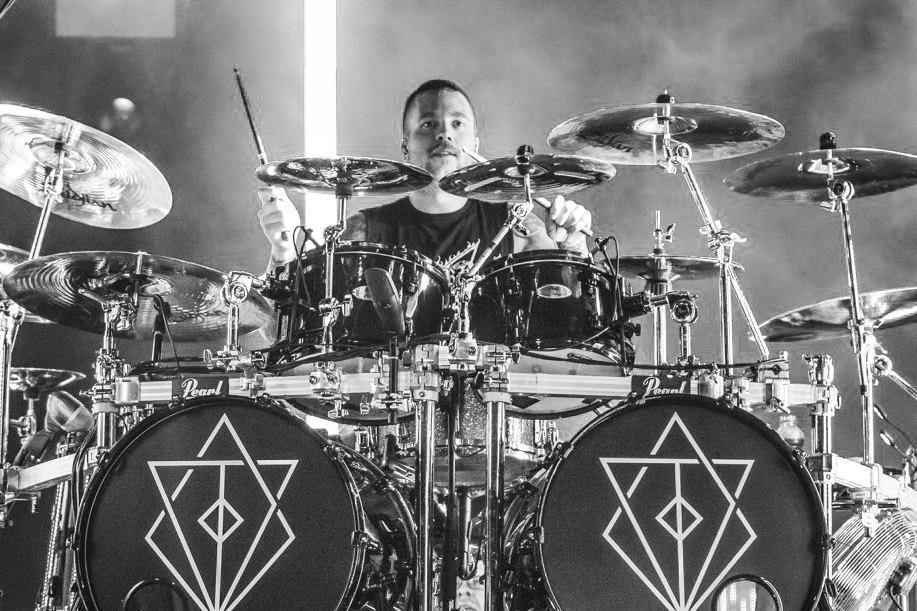
What Do Publicists and Media Outlets Look For?
Publicists often want photographers to be affiliated with a media outlet so the coverage is published and beneficial to the artist’s promotion.
If you’re not already writing for a publication, you can:
- ★ Pitch to local blogs or zines
- ★ Submit previous work to show your style
- ★ Partner with a music journalist to provide a joint review + photo piece
Media affiliation increases your credibility and approval chances.
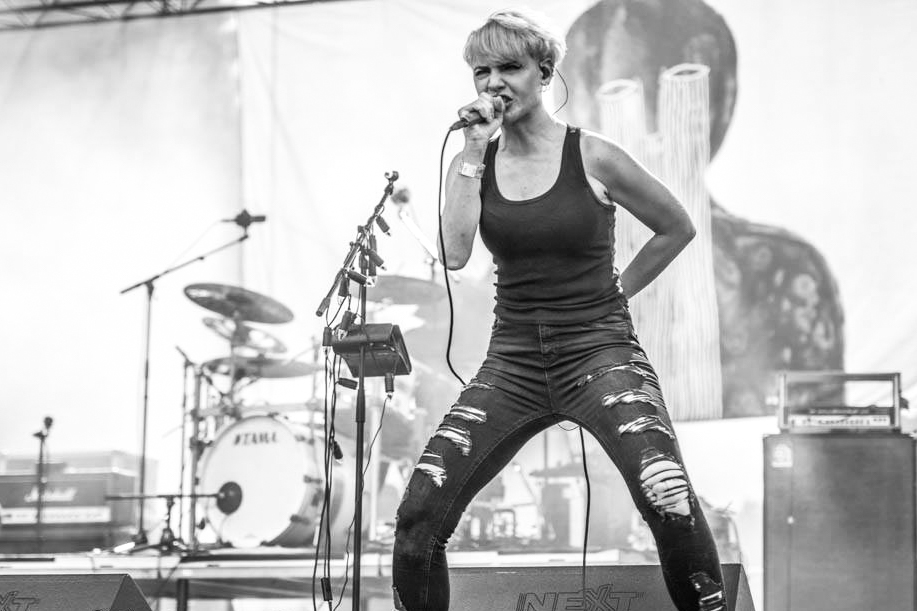
Why Is Delivering Your Photos on Time So Important?
Timeliness shows you’re reliable. Whether it’s for an outlet, PR team, or artist, aim to deliver a few edited shots within 24–48 hours.
Tag artists on social media with their permission, and always credit your work. Fast, quality delivery leads to repeat opportunities.
Common Questions
Can I get a media pass if I’m just starting out and don’t have media accreditation?
Yes, but it’s harder. Focus on smaller, local shows where artists or venues are more flexible.
You can also build credibility by starting your own blog, contributing to a small publication, or partnering with someone who already has media access.
A strong portfolio and professional approach can still open doors.
Do I need a media pass for every show—even for general admission venues?
Not always. Smaller general admission venues sometimes allow photography without a pass, especially for local acts.
However, bringing professional gear (like a DSLR) almost always requires permission.
Always check the venue’s policy or ask ahead.
Can I sell the concert photos I take with a media pass?
Usually not without additional permissions. Most media passes only grant rights for editorial or promotional use (like media outlets or personal portfolios).
Selling images—especially as prints or stock—can breach copyright or licensing agreements unless explicitly approved by the artist or their management.
What should I do if my edia pass gets denied or ignored?
Don’t take it personally. Reach out again for future shows, build more connections, and expand your experience. Stay professional and keep improving your work.
Many photographers get more “no’s” than “yes’s” early on—persistence is key.
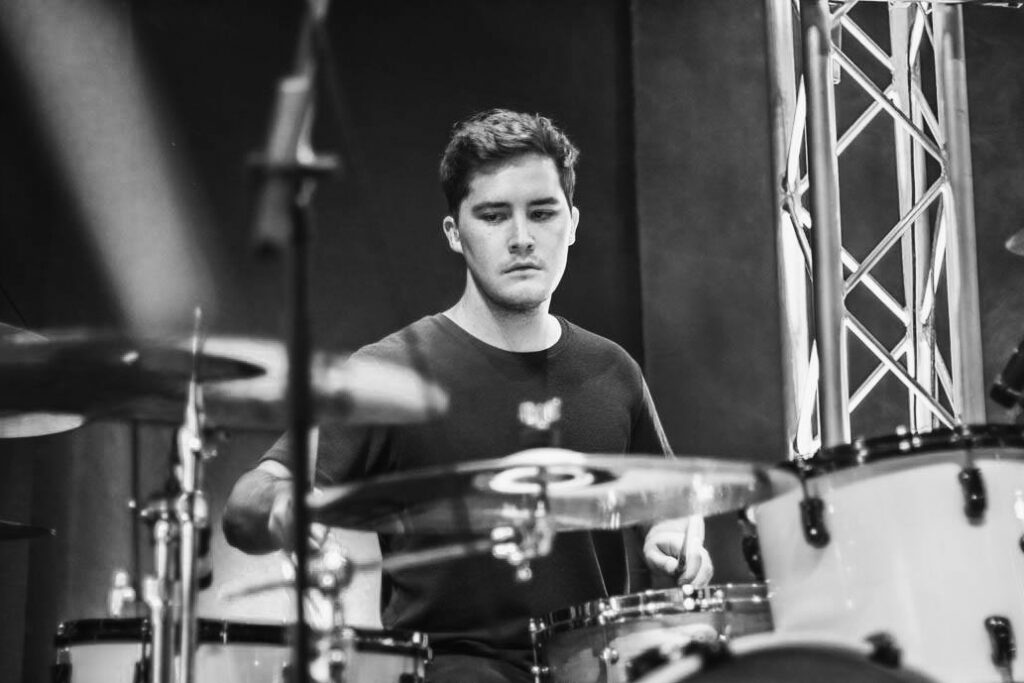
In Conclusion
Success in concert photography isn’t just about technical skill—it’s about trust, timing, and how you show up.
Be humble in your approach, consistent in your delivery, and easy to collaborate with. In an industry built on relationships, your attitude will open more doors than your gear ever will.
This is a long game, not a quick hustle. So show up with heart, respect the craft, and earn your place in the pit.
The music scene is a small world—but once you’re in, the moments you capture and the people you meet make it one of the most rewarding paths a photographer can take.
Read More!



